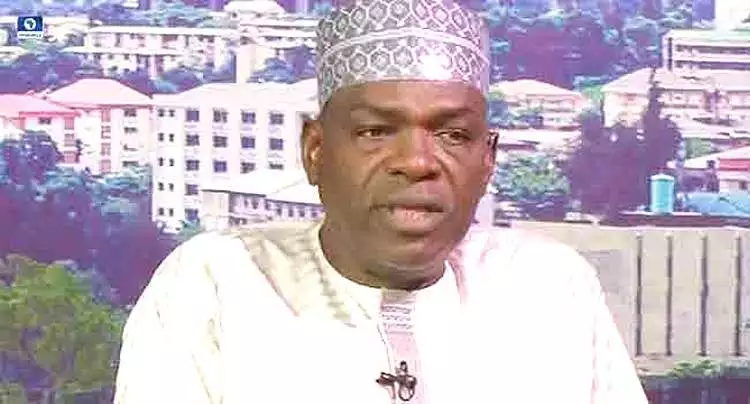Mixed reactions have continued to trail the passage and signing into law of the anti open grazing prohibition law by some states.
Benue, Ondo and Osun states had blazed the trail with their Governors putting their signatures to the law as passed by the Houses of Assembly.
But dissatisfied, Miyetti Allah Cattle Breeders Association of Nigeria, (MACBAN) from its perspective saw the law as one-sided which would make it unimplementable.
According to MACBAN, the Anti-Open Grazing Prohibition and Ranches Establishment Law 2017 has not brought any peace to Benue State despite the fact that it was assented to by Governor Samuel Ortom four years ago.
The group, particularly, advised Ondo State Governor, Oluwarotimi Akeredolu, to create an inclusive law that would accommodate the interest of pastoralists in host communities in the South-West state.
Speaking on Arise TV’s ‘The Morning Show’ programme, MACBAN Secretary General, Usman Baba-Ngelzerma, said laws are supposed to bring harmony and understanding in a Community and not to further divide the people.
He pointed out that stakeholders were not invited for public hearings before some states in the Southern part of the country passed their respective anti-open grazing laws.
Commenting on the move by the Governors to ban open grazing, Baba-Ngelzerma said, “We (Miyetti Allah) are civilised people and we know that the responsibility of making laws lies in the state House of Assemblies and we know that once a law is made by the state House of Assemblies and assented to by the Governors, that becomes a law, whether we like it or not, whether good or bad.
“But there are processes to be followed in making laws, those processes are: get all the stakeholders through public hearing, hear them, know how the law is going to solve their problem but has this been done in making the Anti-Open Grazing Law? It has never been done.
“In most of the states, none of our members has been invited for public hearing and make inputs to the law and this law is done to affect our members 100%.
“We are part of the critical stakeholders that are supposed to be invited to hear our views and protect our positions and that of the government of the states where we exist.
“In Ondo and most of the Southern states, we have indigenous pastoralists whose fathers were brought up in those states and those who are there today were also brought up there.
“So, if you ask them to go, they won’t know where to go because they know these States as their own States.
“These are indigenous pastoralists who are born and brought up there, whose interests and lives are supposed to be protected by the law but when you make a law without getting them to come and put in their input, the law becomes lopsided and what is the purpose of making the law then?
“Where you make a law that does not bring harmony and understanding amongst the groups in a particular area, that law has not been done in a way to fulfill the purpose with which it is being promulgated.
“Let’s take the example of Ondo now. A law is in place and we just have to wait and see how the law is going to affect our members but as it is now, Ondo State is calm, everybody is calm, our members are calm.
“So, we will wait and see how this law is going to be implemented but I will like to draw the attention of Ondo to Benue where a law has been put in place.
“Go and appraise the Benue law, has it succeeded in bringing peace to Benue? It has never succeeded in bringing peace to Benue. Rather, it has further aggravated the situation to becoming worse, day in, day out.
“Laws are supposed to bring harmony and understanding in a community.
“By definition, the ranches must be established before you implement the ban but what took place in Benue was the implementation of the ban even before the establishment of the ranches.”
Discover more from The Source
Subscribe to get the latest posts sent to your email.








